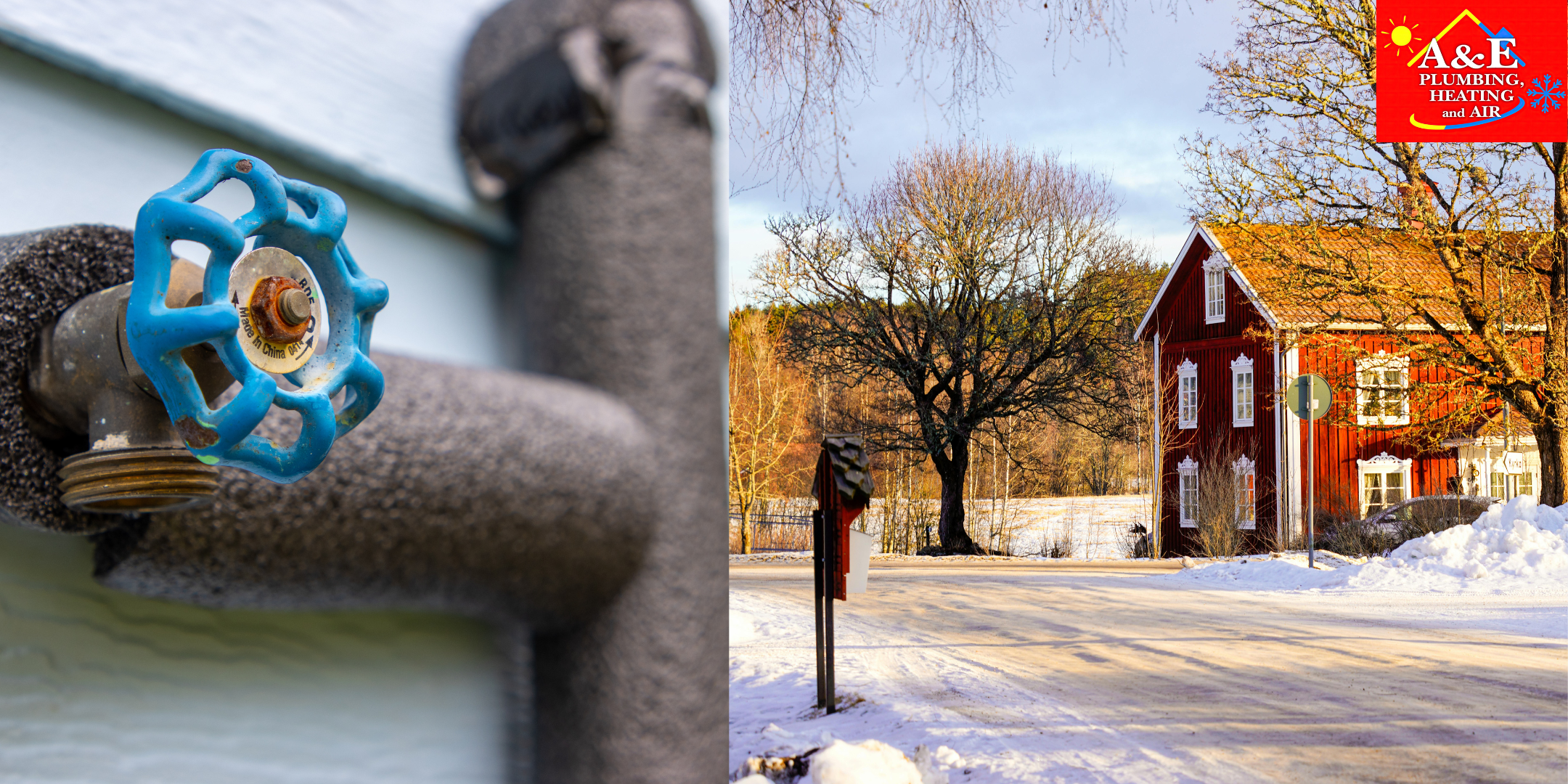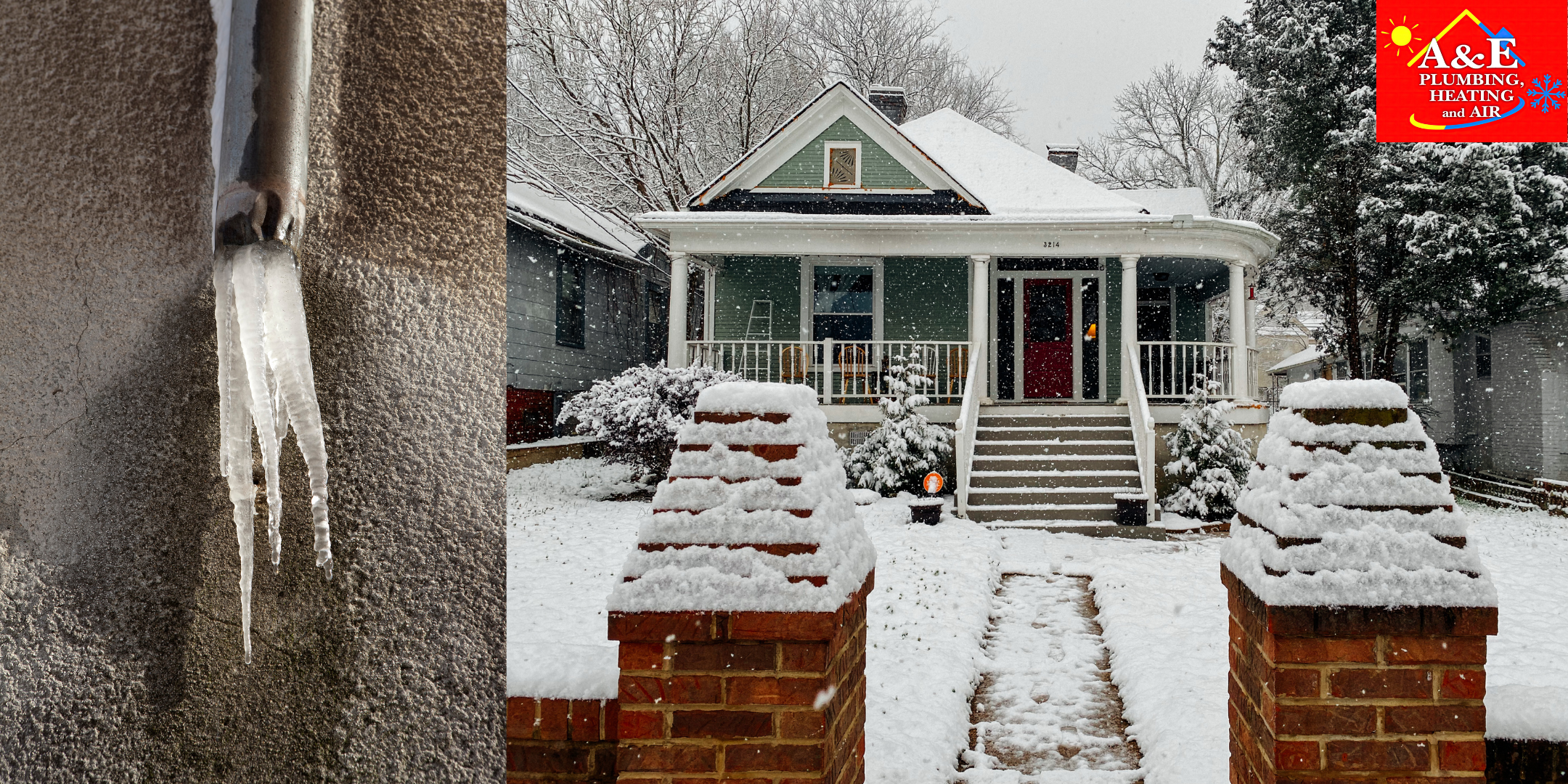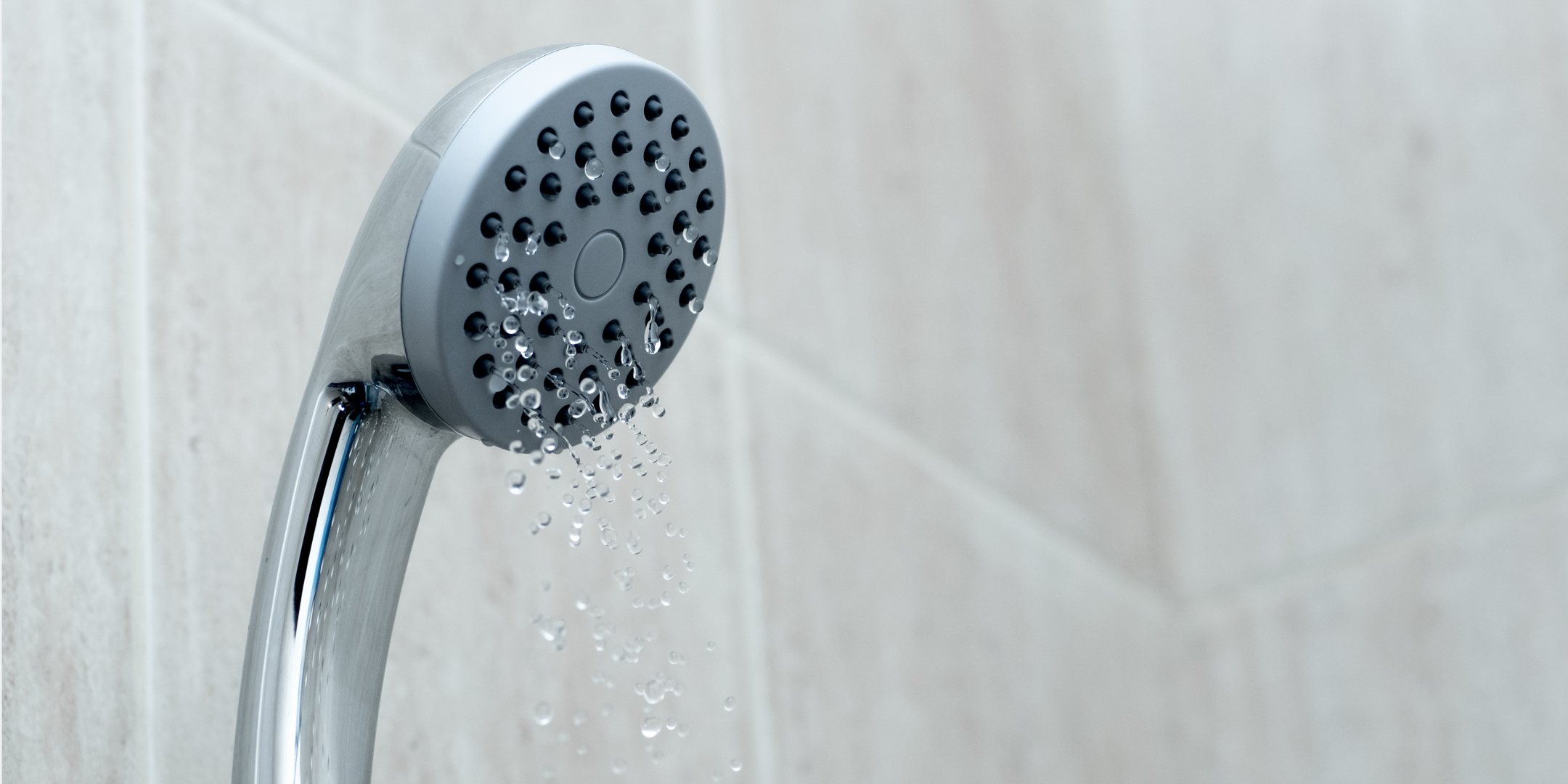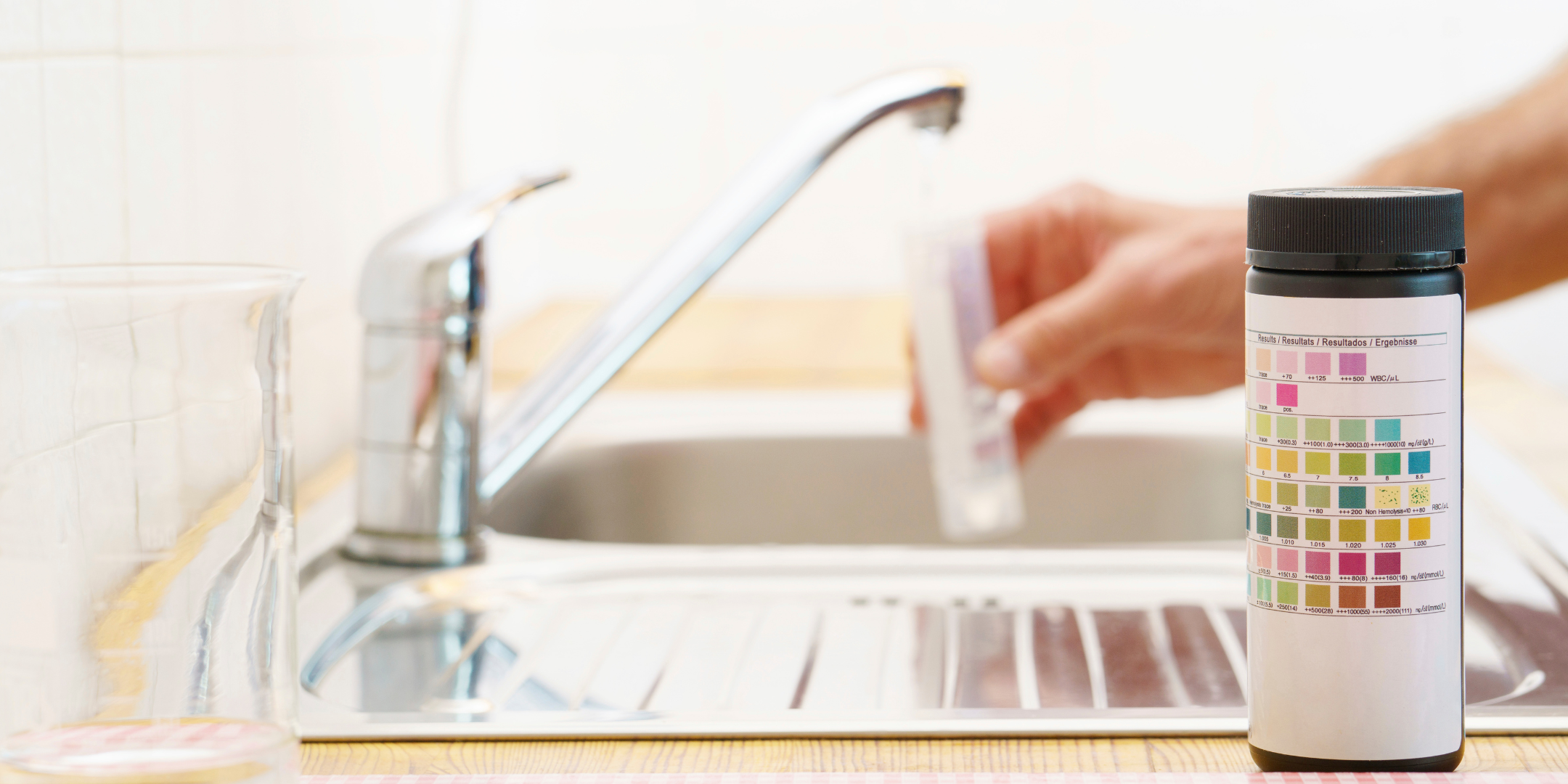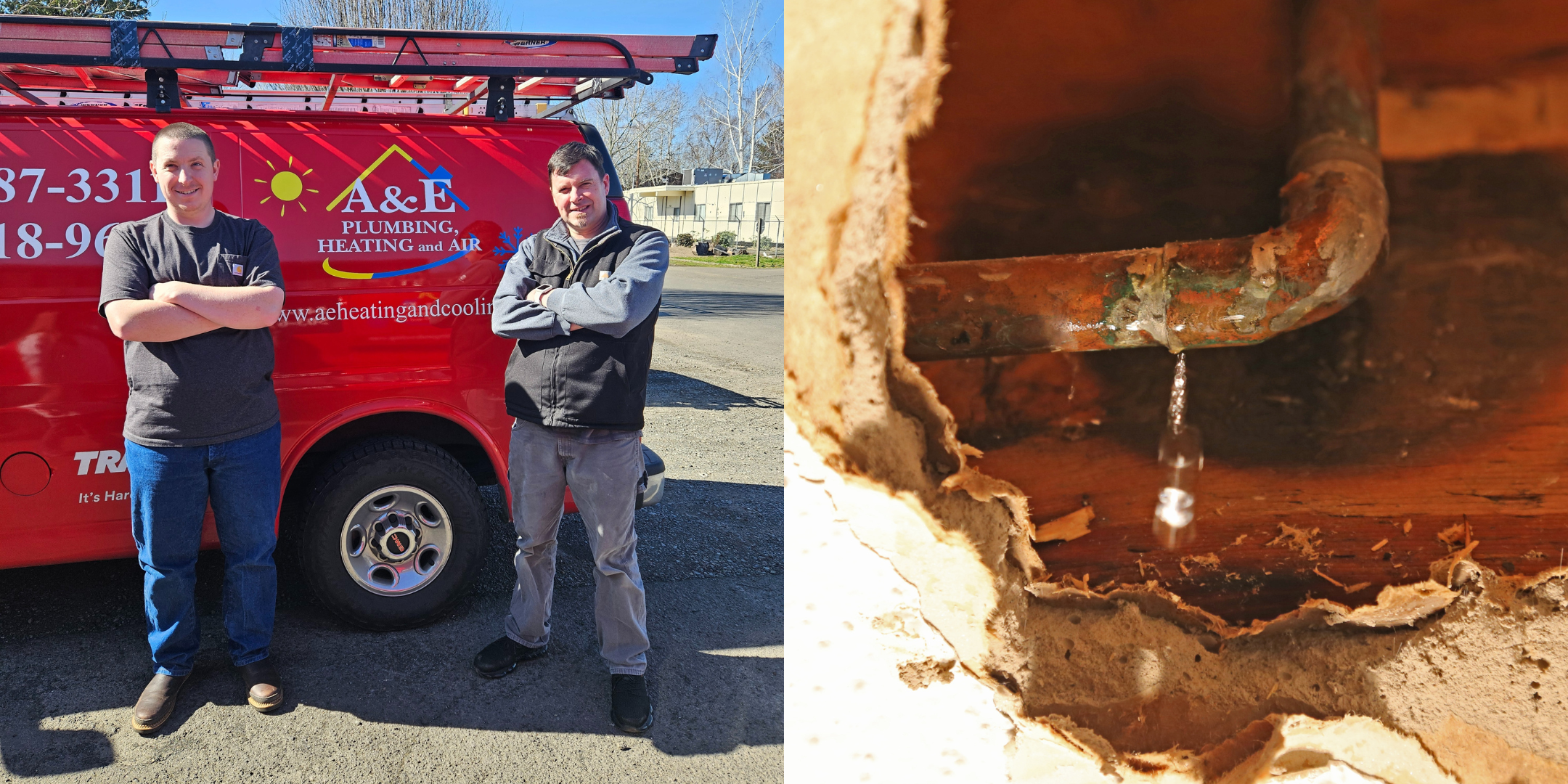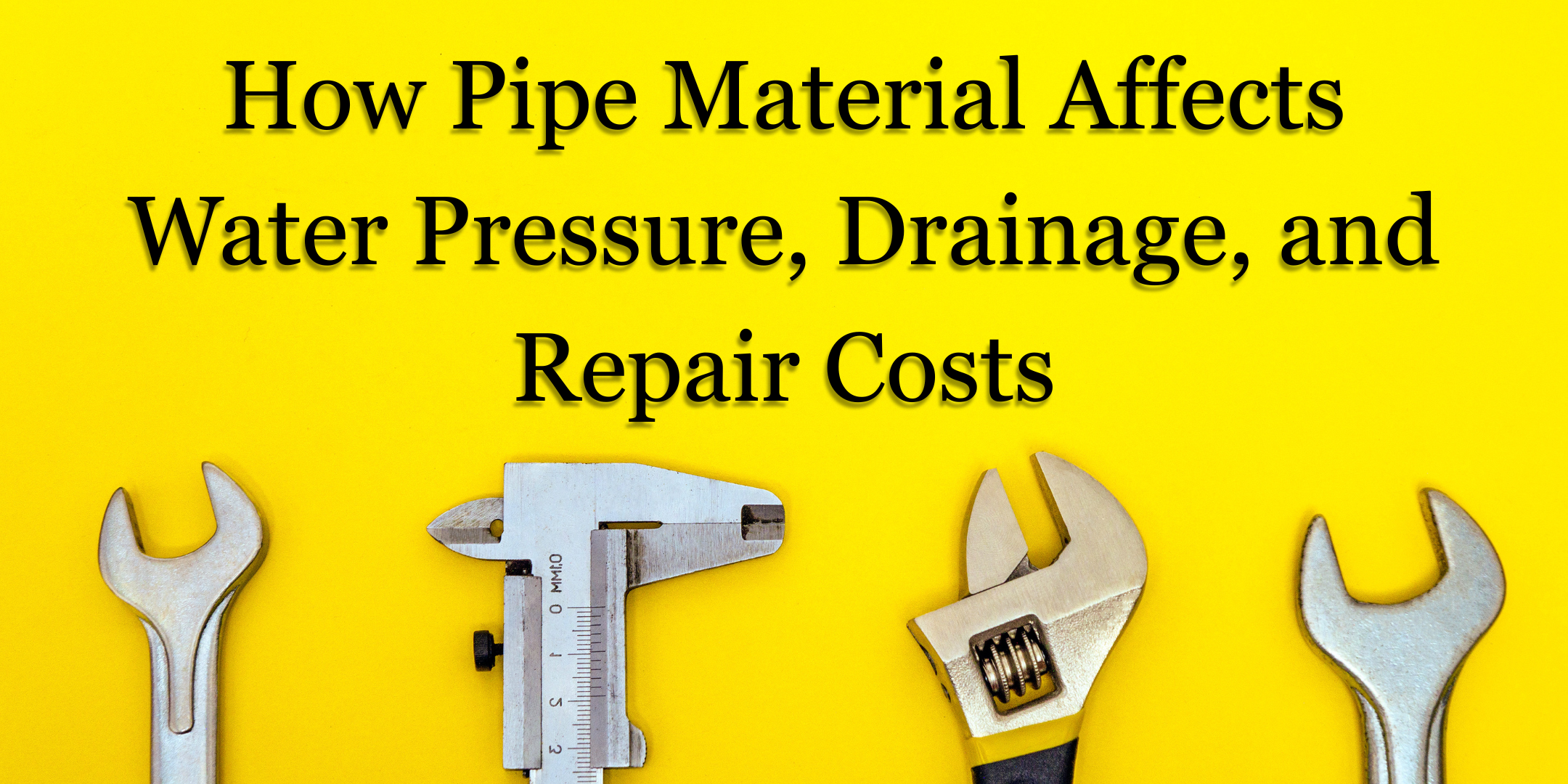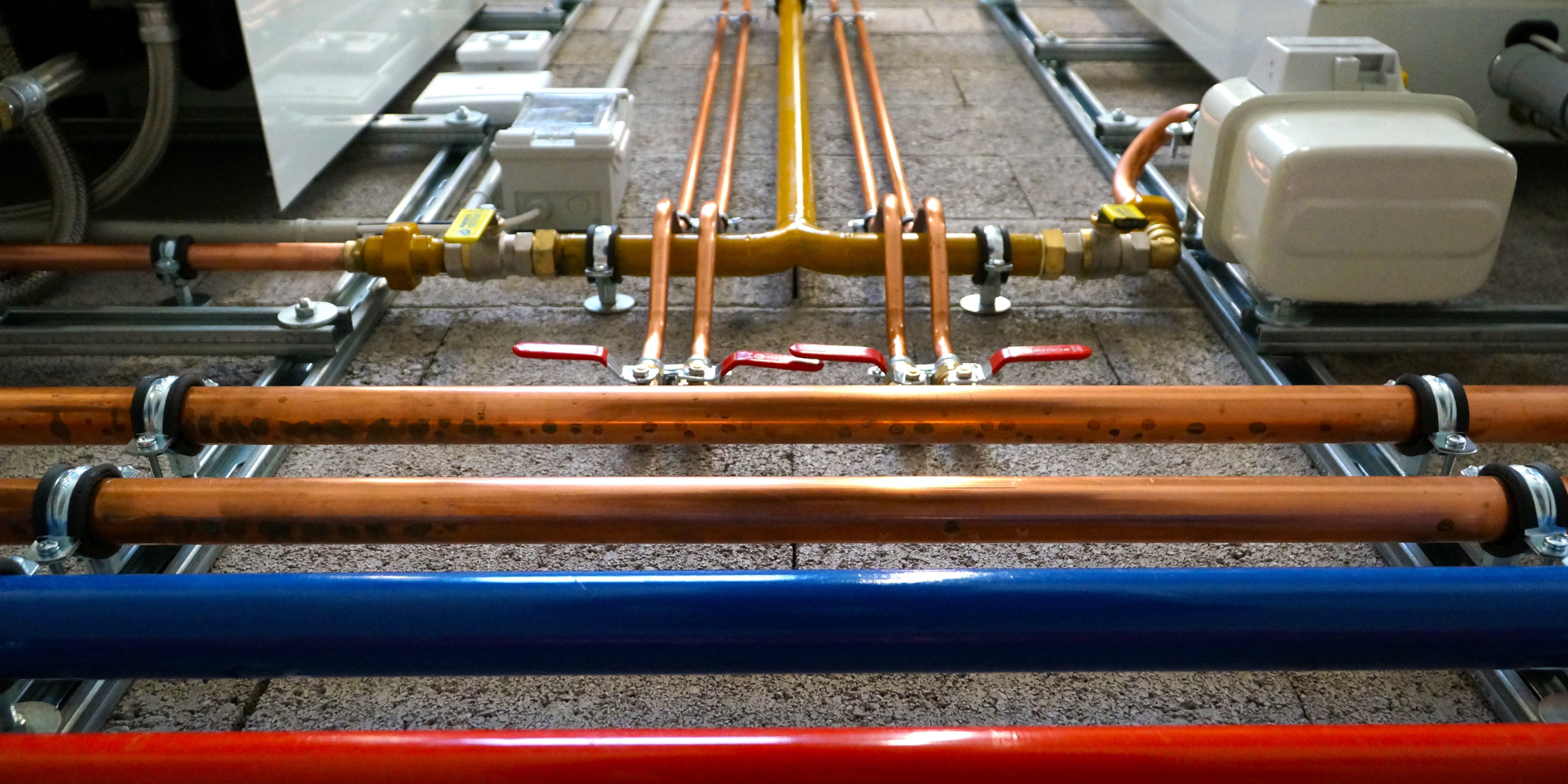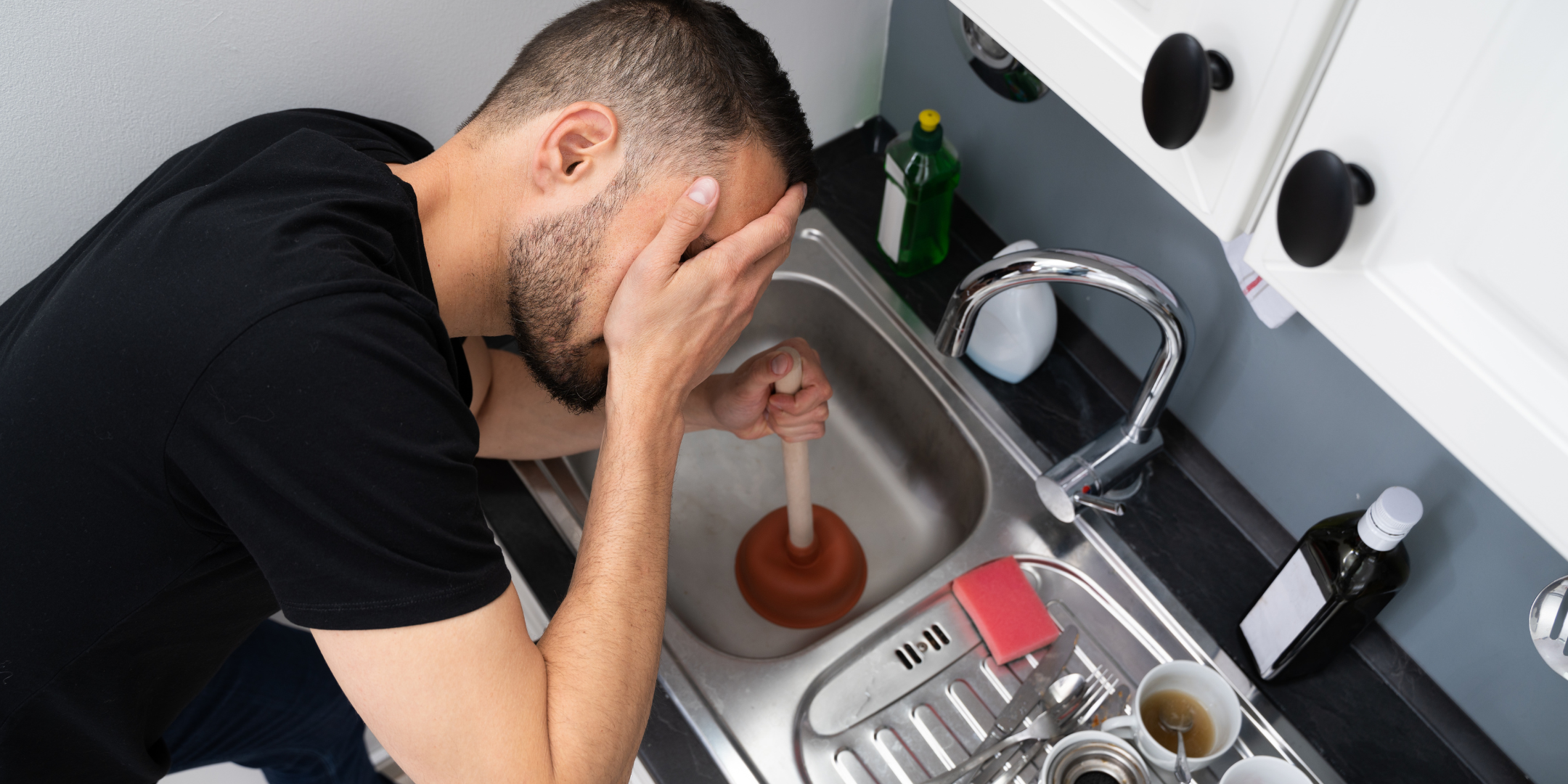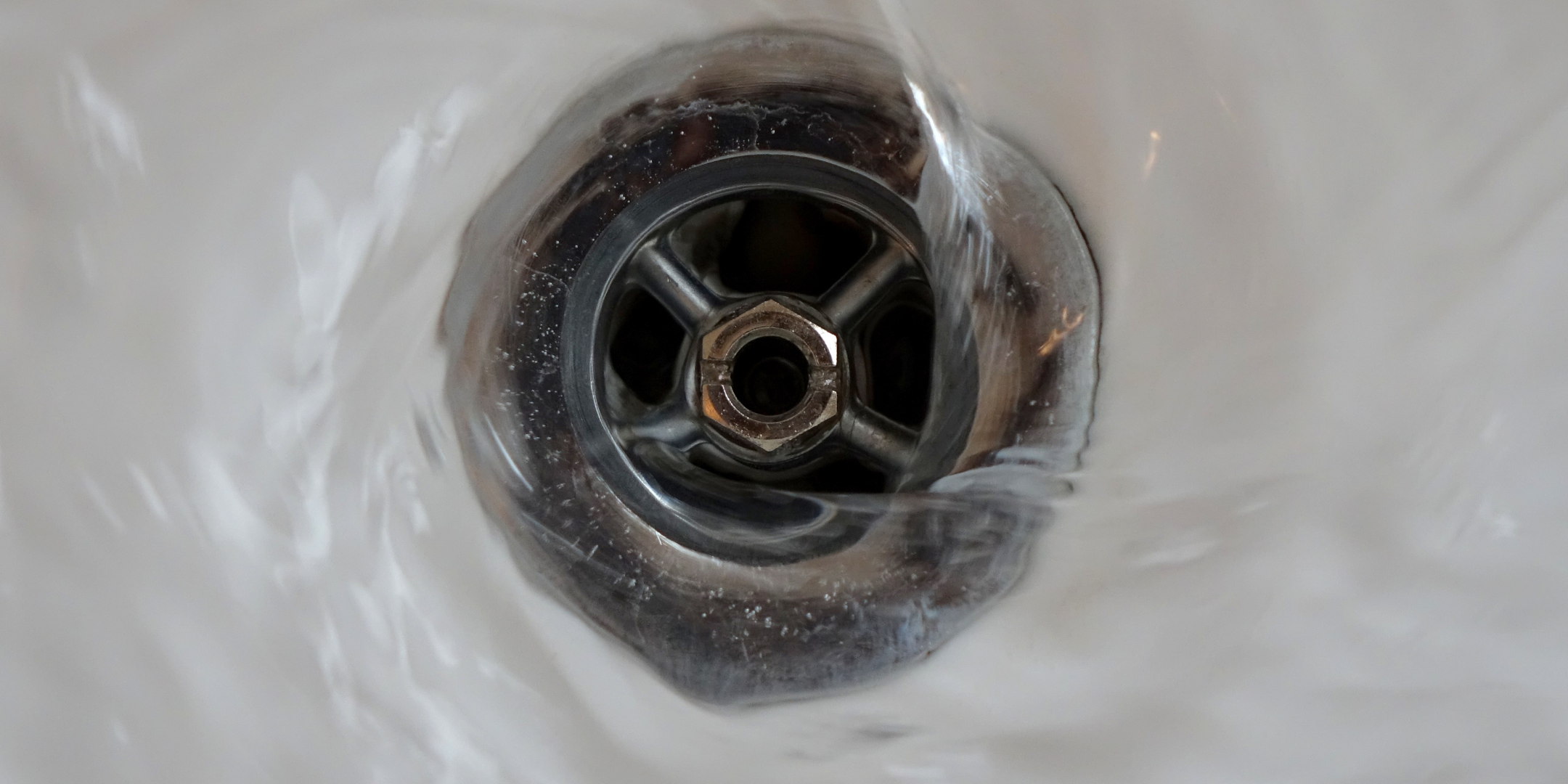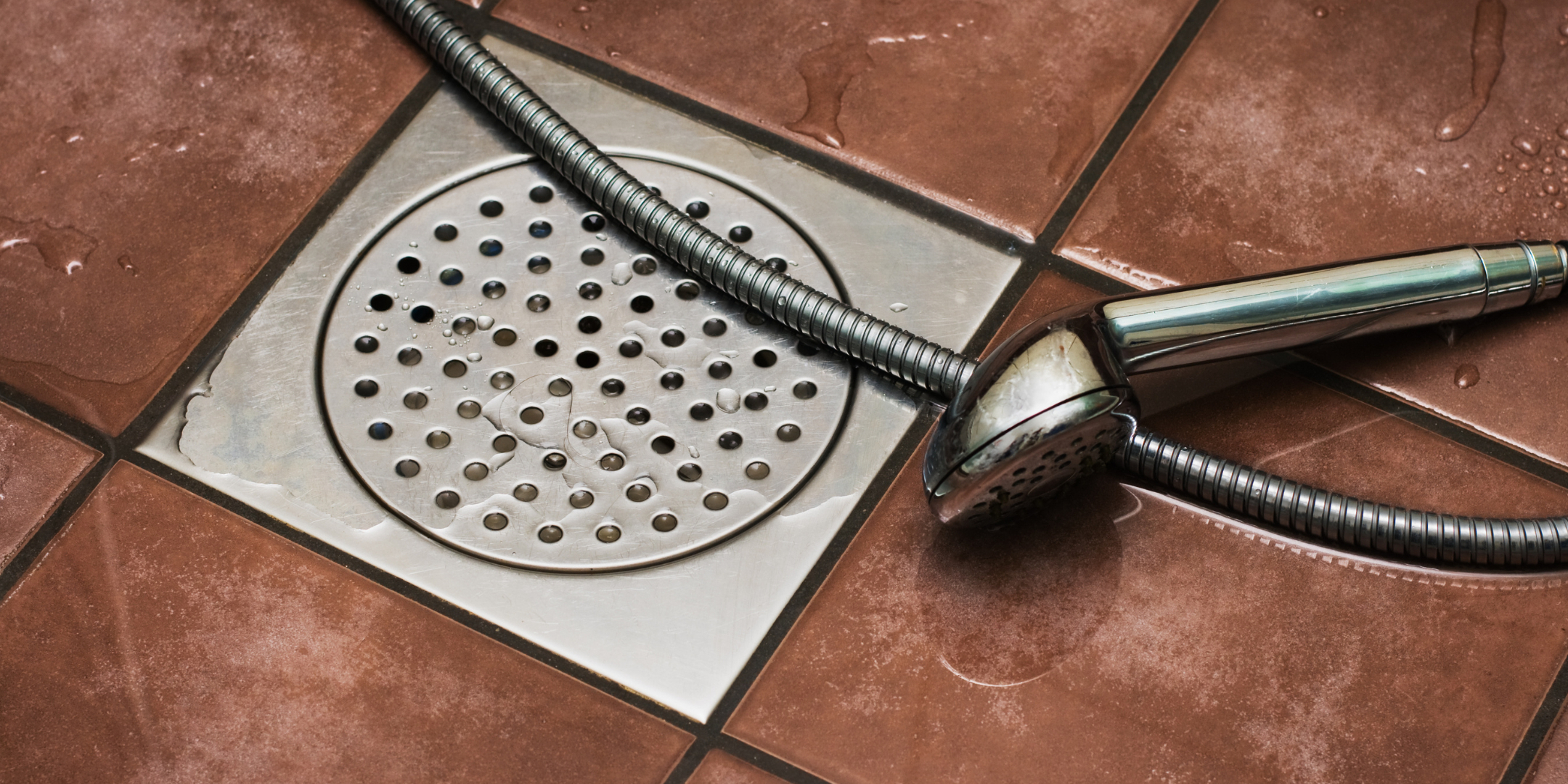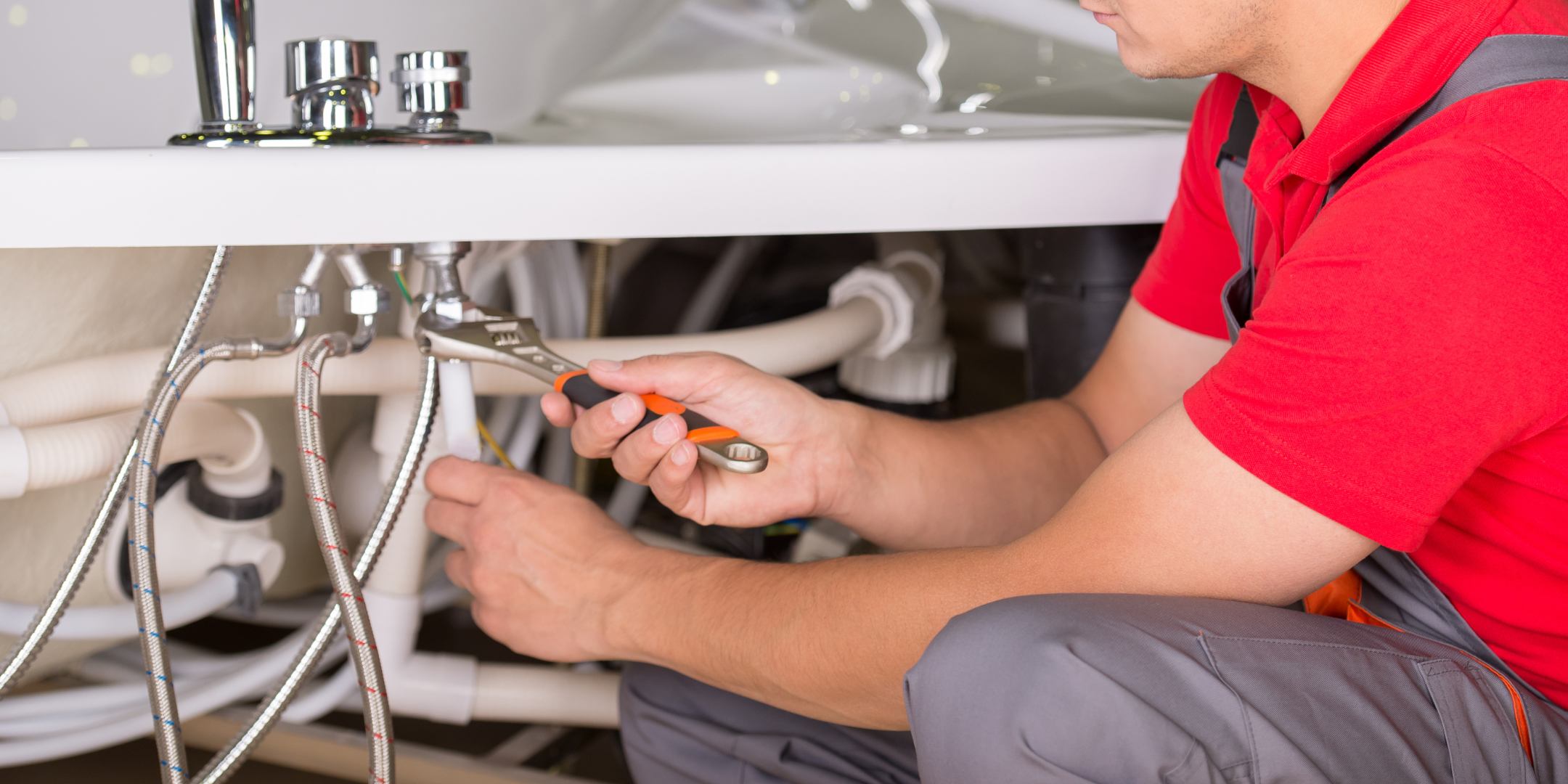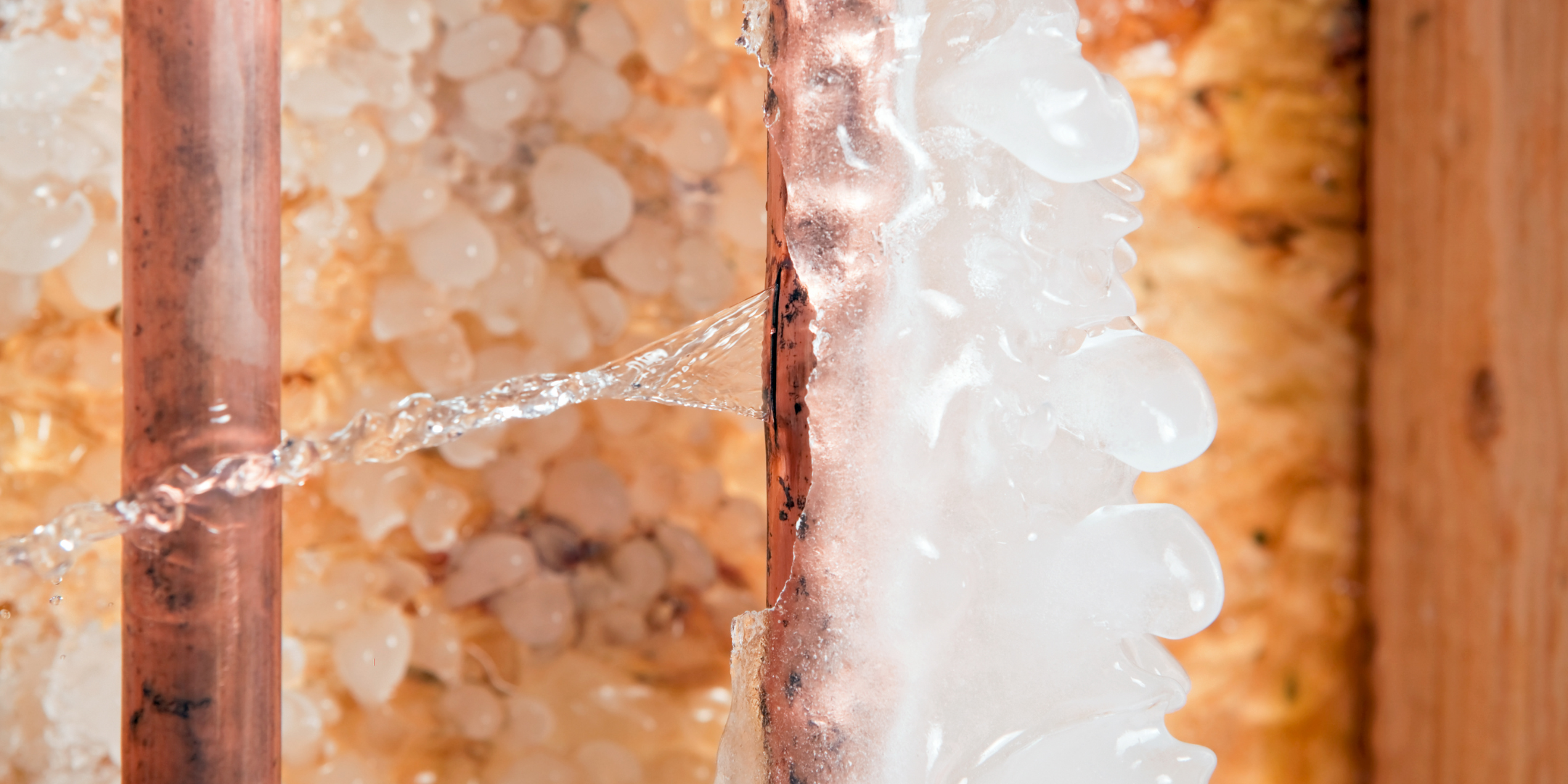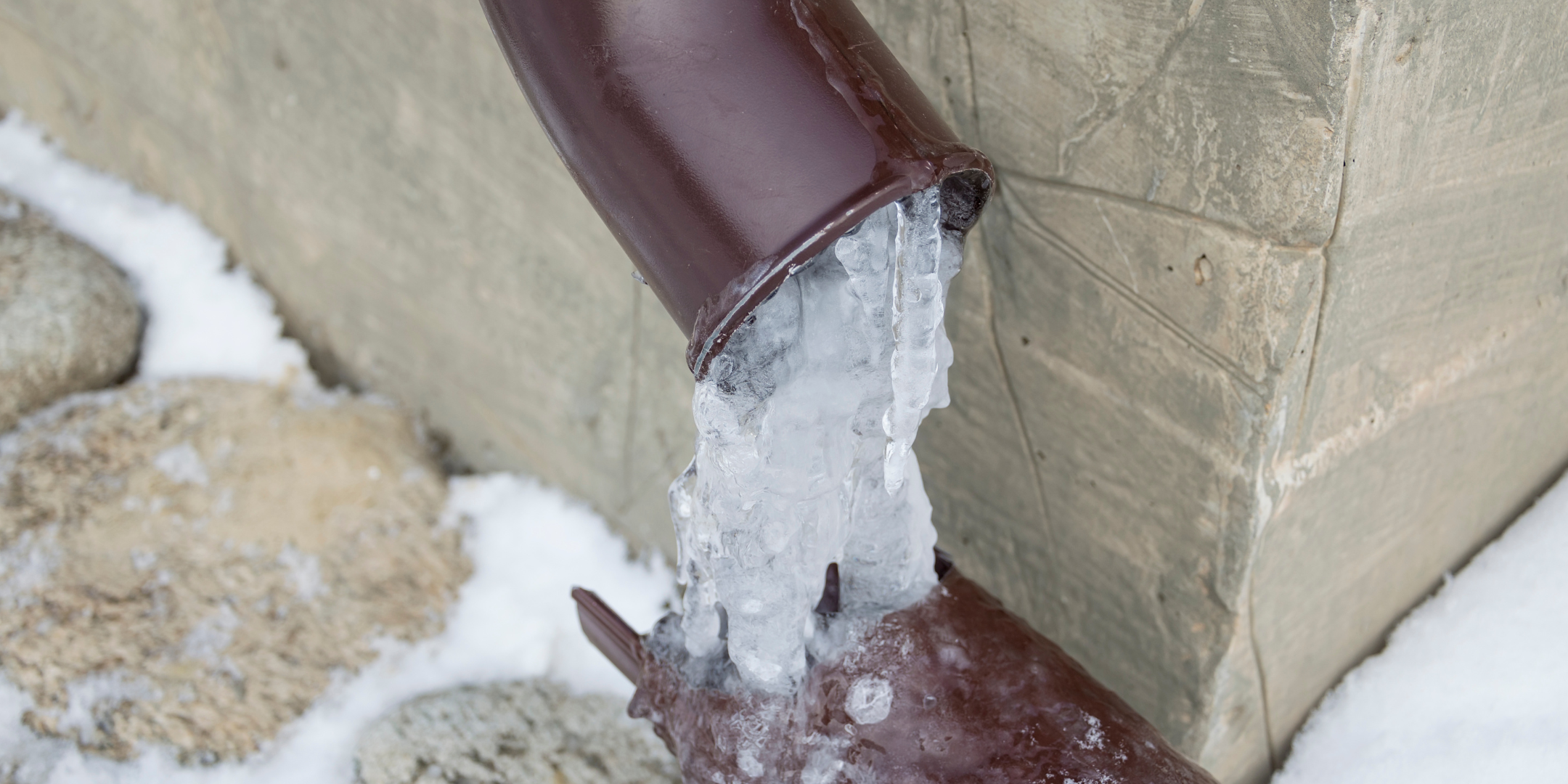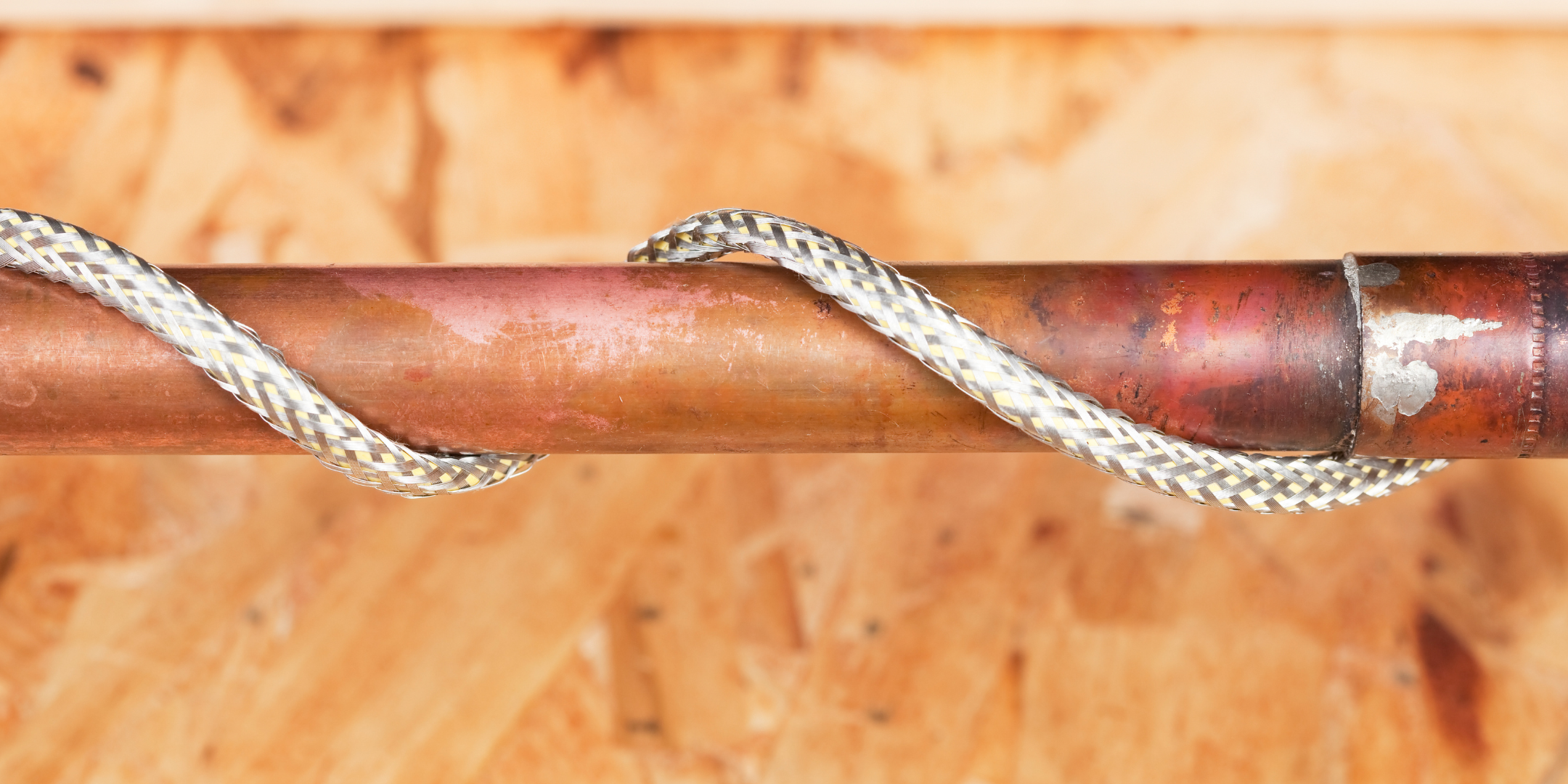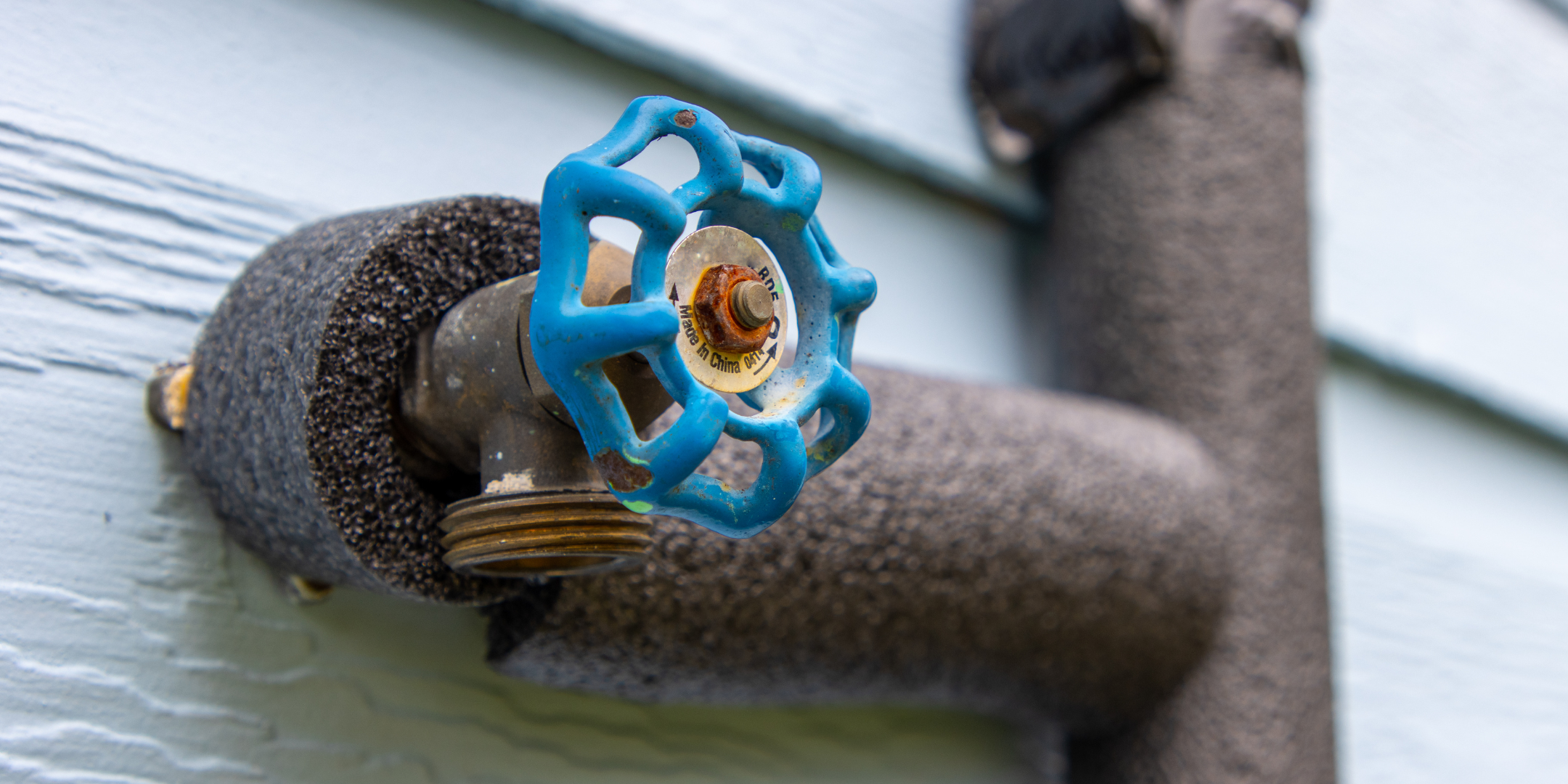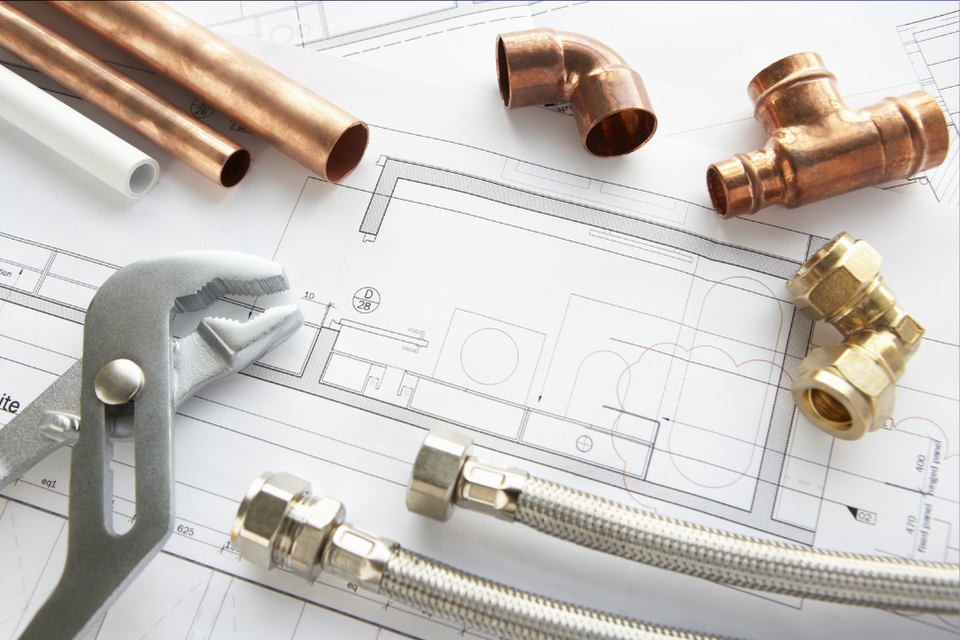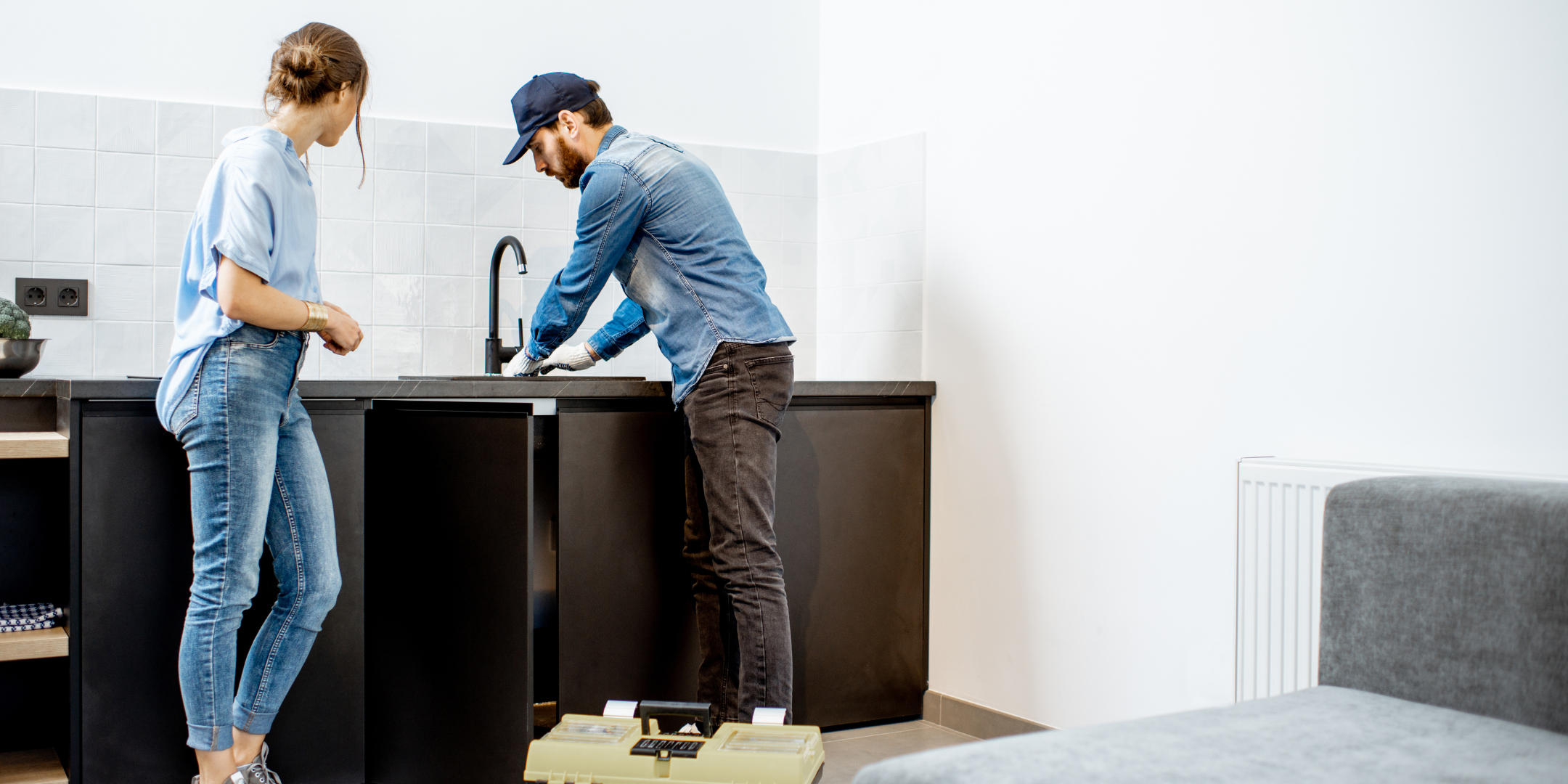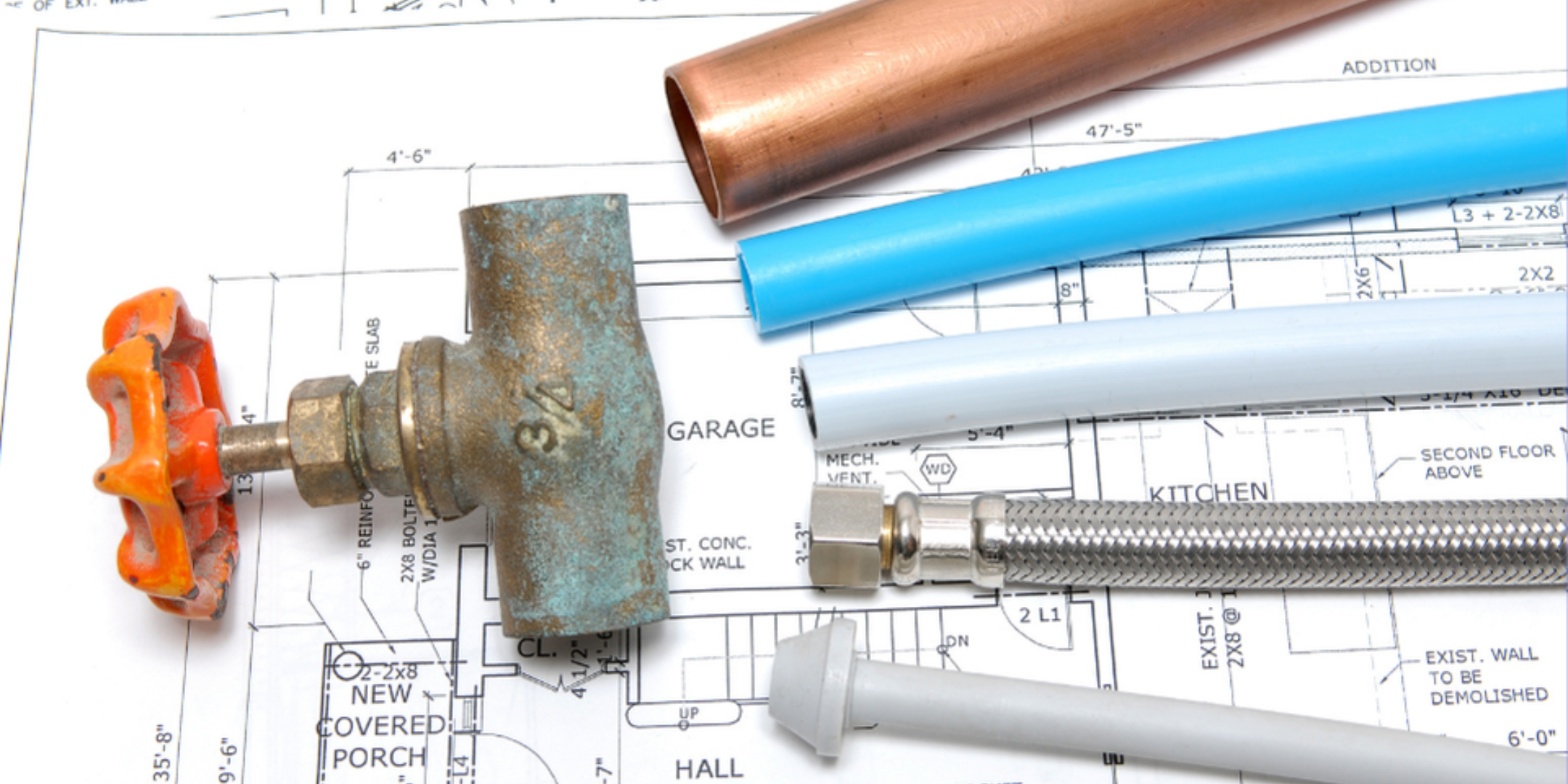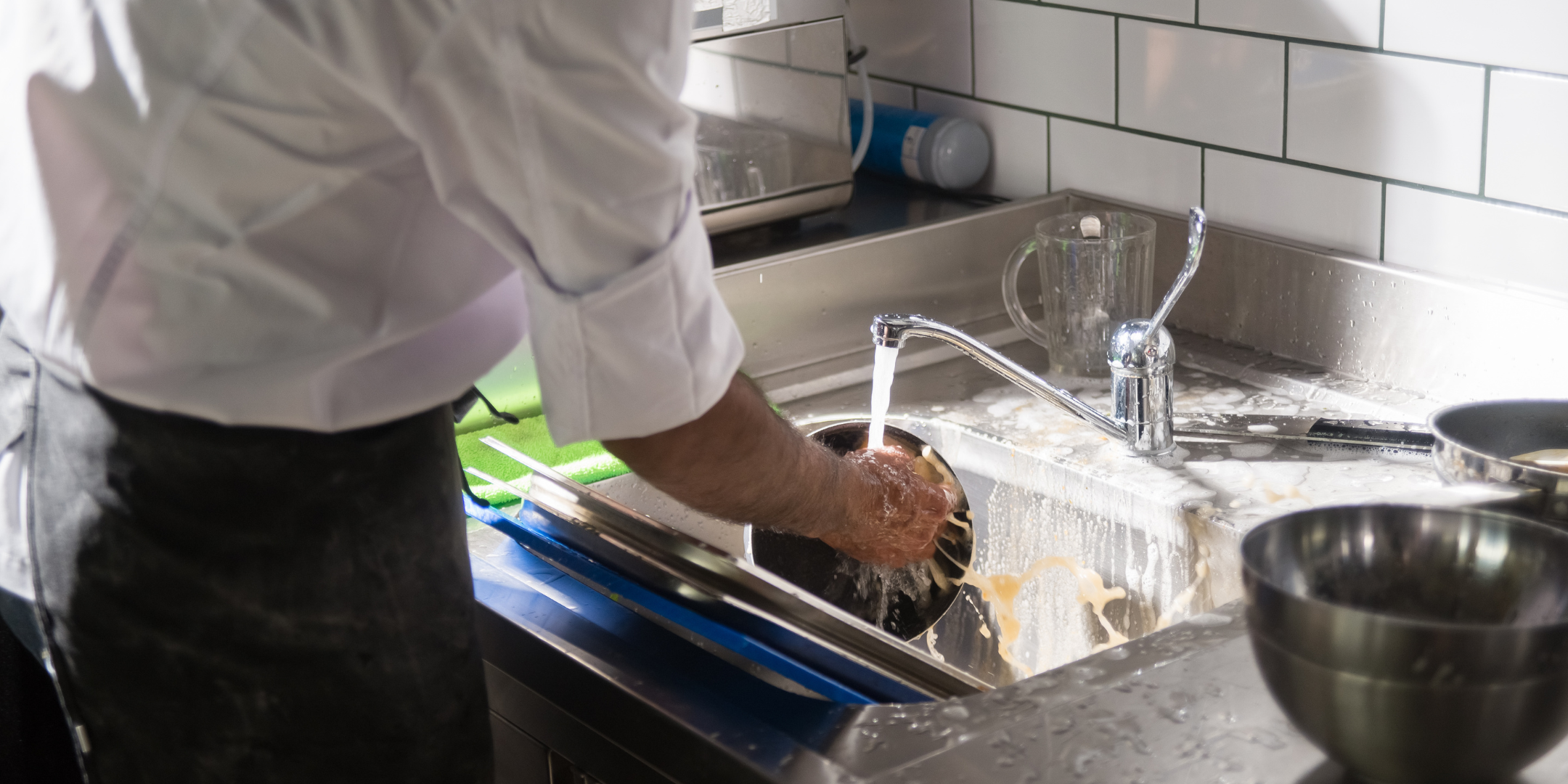
If your drains keep slowing down—even though you’re careful about what goes in them—you’re not imagining things, and you’re definitely not alone. In fact, many homeowners accidentally create plumbing problems just by doing normal, everyday stuff like rinsing dishes, using the garbage disposal, or washing their hair.
imagining things, and you’re definitely not alone. In fact, many homeowners accidentally create plumbing problems just by doing normal, everyday stuff like rinsing dishes, using the garbage disposal, or washing their hair.
At A&E Plumbing, Heating and Air, we’ve spent over 17 years helping families across the Columbia River Gorge and Portland Metro figure out what’s really going on inside their pipes—and how to prevent small problems from becoming expensive ones.
By the end of this article, you’ll know exactly which habits quietly cause the most drain damage, and how to make a few simple changes that protect your plumbing without overhauling your life.
1. Rinsing Grease Down the Kitchen Sink (Even Just a Little)
It seems harmless. You made dinner, let the pan cool, and now you’re rinsing it clean before it hits the dishwasher. But that thin sheen of cooking oil you just sent down the drain? It’s not disappearing. It’s hardening—layer by layer—on the inside of your pipes.
dishwasher. But that thin sheen of cooking oil you just sent down the drain? It’s not disappearing. It’s hardening—layer by layer—on the inside of your pipes.
This is especially important in older homes with cast iron or galvanized pipes, where internal surfaces are already rough and narrow. Over time, this grease grabs onto food scraps, dish soap, and whatever else you send down, slowly forming a sticky bottleneck in your drain line.
Why it matters:
- A single tablespoon of grease can harden into a stubborn clog when cooled.
- Hot water and soap don’t break grease down—they just carry it further into your plumbing.
- Grease buildup is one of the leading causes of emergency kitchen backups.
What to do instead:
- Wipe down cookware with a paper towel before rinsing—even if it looks “mostly clean.”
- Pour cooled fats (from bacon, sausage, or roasting pans) into an old glass jar, and toss it once full.
- Use a bit of dish soap and rinse with hot tap water, not boiling, especially if you have PVC piping.
Pro tip: Keep a “grease jar” under your sink. Once people in your household know where it goes, they’ll use it—no lecture needed.
2. Relying Too Heavily on Garbage Disposals
Garbage disposals are great tools, but they’re not magical portals. If your disposal sounds like it’s struggling—or worse, if it’s starting to smell—it might be doing too much.
struggling—or worse, if it’s starting to smell—it might be doing too much.
Even when everything sounds like it went down fine, some foods (especially starchy or fibrous ones) don’t dissolve in water. Instead, they settle in your pipes and break down slowly—causing sludge, odor, and eventually, full-on clogs.
Avoid putting these down the garbage disposal:
- Eggshells: The membrane inside them gets stringy and sticks to pipe walls.
- Coffee grounds: These form a gritty paste that traps grease and food particles.
- Pasta, rice, potatoes: They swell with water—even after they’re “gone.”
- Onion skins, celery, kale stems: Their fibers wrap around blades and clog lines downstream.
Do this instead:
- Scrape plates into the trash or compost bin before rinsing.
- Think of your disposal as a finishing tool, not your first defense.
- Run cold water for 20–30 seconds after using it to flush particles through the line.
Why it matters: Overloading your disposal can lead to clogs not just under the sink, but several feet down the drain—where snaking becomes harder (and more expensive).
3. Letting Hair Build Up in the Shower Drain
We all know what happens: you’re in the shower, hair starts shedding, and it slides right down the drain. Maybe you don’t notice until your feet are standing in an inch of water. Maybe you notice the smell first. Either way, that hair doesn’t just vanish.
Inside your pipes, hair tangles with soap, conditioner, and dead skin cells (yes, that’s in there too). Over time, it forms a dense, mat-like blockage that catches everything behind it.
Why it’s a big deal:
- It’s one of the top 3 reasons homeowners call for drain cleaning.
- The clog builds from the inside out, making water back up before you know it.
- Store-bought chemicals rarely work on hair—it needs to be physically removed.
Quick fix:
- Use a silicone or mesh drain cover—they’re inexpensive, effective, and easy to rinse clean.
- Pull hair out weekly, especially if you or someone in the house has long or thick hair.
- Use a monthly enzyme-based drain cleaner (like Green Gobbler or Bio-Clean) to break down buildup safely.
Pro tip: Keep a dedicated “drain fork” or cleaning tool under the bathroom sink. When it’s easy to grab, it’s easier to actually use.
4. Using “Flushable” Wipes (They’re Really Not)
They’re labeled “flushable,” so it’s easy to assume they’re pipe-friendly. But these wipes don’t break down the way toilet paper does—and in older homes, they’re downright dangerous.
the way toilet paper does—and in older homes, they’re downright dangerous.
Most older systems use cast iron or clay sewer lines, which aren’t smooth inside. That means wipes get snagged, twisted, and caught—forming massive clogs in places a plunger won’t touch.
Why it matters:
- “Flushable” wipes often require a full mainline snaking to remove.
- They can combine with grease or hair to create what plumbers call a “fatberg” (yes, it’s as bad as it sounds).
- Backups caused by wipes can lead to sewage coming back into your home—and insurance might not cover it.
Better habit:
- Toss wipes in the trash—even if the label says they’re safe.
- Talk with kids and teens about only flushing toilet paper (no cotton balls, pads, or floss).
- Consider adding a bidet attachment if wipes are part of your routine.
Pro tip: Put a small trash bin with a lid next to the toilet. It reduces “temptation flushing” and makes cleanup discreet.
5. Ignoring Small Drain Smells or Gurgles
You hear the drain gurgle when the washer runs. The bathroom sink smells weird after brushing your teeth. It’s tempting to shrug it off—but these little signs are often the first warning that something’s forming in your pipes.
It’s tempting to shrug it off—but these little signs are often the first warning that something’s forming in your pipes.
It could be trapped air from a partial clog, bacteria growing on buildup, or a slow leak. Whatever it is, these signals are your system’s way of asking for attention—before it gets loud about it.
Why you should care:
- Gurgling = air pockets = restriction = trouble ahead.
- Bad smells = bacteria, buildup, or trapped debris breaking down.
- By the time water backs up, the problem is much more advanced (and costly to fix).
What to do:
- Use enzyme-based cleaners monthly in your busiest drains.
- Pour hot water (not boiling) down smelly drains weekly.
- If a drain gurgles every time another one runs, schedule a drain inspection or cleaning.
Pro tip: Keep a drain maintenance calendar—add reminders every 30–60 days so buildup doesn’t catch you off guard.
Small Habit Shifts. Big Plumbing Wins.
You started this article because your drains were acting up—and you weren’t sure why. You’re careful, you’re clean, and you’re not dumping crazy stuff down the pipes… so what’s going on?
you’re clean, and you’re not dumping crazy stuff down the pipes… so what’s going on?
Now you know that it’s the everyday, totally normal habits—like rinsing pans, using wipes, or skipping that hair trap—that quietly add up over time. And fortunately, the fixes are simple. You don’t need to overhaul your routine—you just need to tweak it.
We’ve helped homeowners across the Gorge and Portland Metro keep their plumbing flowing without panic for over 17 years. We understand that most people are doing the best they can—and that recurring drain issues are more about pipe age and buildup than bad habits.
If your drains have been backing up, bubbling, or smelling off, you don’t need to wait until it’s an emergency. Learn how often you should be cleaning each drain in your home—and what products are actually safe for your plumbing, in our guide, "How Often Should You Clean Your Home's Drains, and With What?"
Daphne Hunt holds a bachelor's degree in English and Mass Communication and has a lifelong passion for writing. She thrives on using her skills to craft compelling pieces that inform, inspire, and connect with readers.
Topics:






